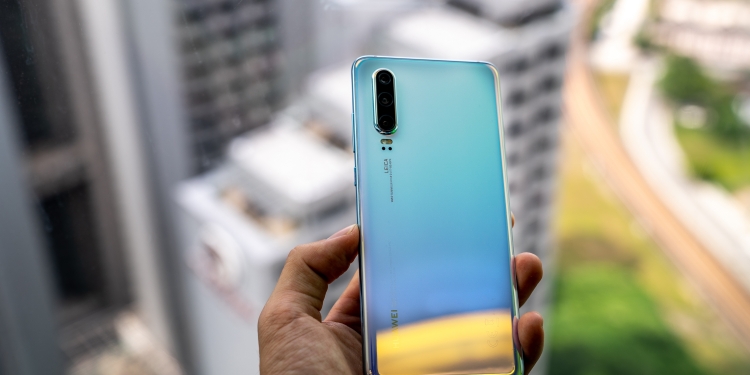Intel, Qualcomm, Xilinx and Broadcom will not supply Huawei with crucial microchips and processor until further notice, Bloomberg reported citing source familiar with the matter.
The move follows a surprise revelation that Google has earlier ceased doing business with Huawei until further notice. A Google spokesperson informs us that its actions are to comply with U.S. Government orders after President Trump signed an executive order earlier last week on the grounds of aiding China in espionage.
The executive order effectively bans American companies from doing business with the Chinese tech giant.
Intel is Huawei’s main supplier of server chips while Qualcomm supplies processor and mobile telecommunication modems for Huawei’s smartphones division. Xilinx and Broadcom supply key networking components for Huawei’s main line of business, building mobile networks.
Huawei recently overtook Apple to become the world’s second largest mobile phone manufacturer according to IDC and the sweeping executive order could have a massive effect on not just Huawei but the roll-out of 5G networks around the world as well.
Double-edged sword
By interfering with business relations between Huawei and the top American companies, the U.S. Government could also undermine the companies and slow-down the rollout of 5G networks globally — including in China. In turn, this could hurt U.S. companies that are increasingly reliant on China — the world’s second-largest economy — for growth.
Huawei “is heavily dependent on U.S. semiconductor products and would be seriously crippled without the supply of key U.S. components,” Ryan Koontz, an analyst with Rosenblatt Securities Inc, told Bloomberg. The U.S. ban “may cause China to delay its 5G network build until the ban is lifted, having an impact on many global component suppliers.”
In addition to enacting bans on American companies, the U.S. has pressured other countries — both allies and foes — to avoid using Huawei to roll-out their 5G networks.
Collateral damage
The ongoing trade-war between the U.S. and China has meant that Huawei had to be prepared for such an eventuality. It had been doing so since as early as the middle of 2018 by stockpiling critical components enough to last for at least three months while fast-tracking the development of its own chips, modems and processors according to sources.
Huawei executives believe their company has become somewhat of collateral damage in the ongoing trade-war. The executives also believe that they will be able to resume business as usual buying from American suppliers should a trade deal is reached, Bloomberg reported.
But with the latest developments, it looks like there is no end in sight.
“The extreme scenario of Huawei’s telecom network unit failing would set China back many years and might even be viewed as an act of war by China,” Koontz told Bloomberg. “Such a failure would have massive global telecom market implications.”








